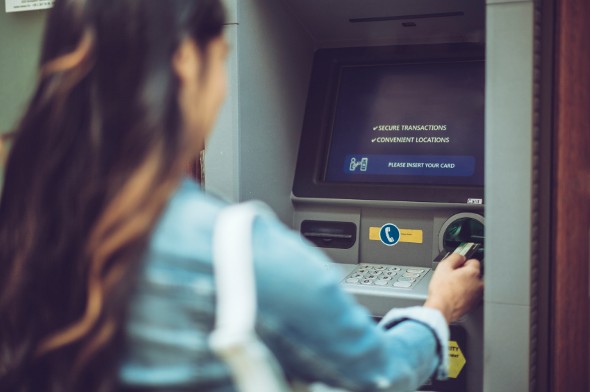If you want to break up with your bank, it’s a good idea to pump your breaks before moving over to a credit union. While it’s true that credit unions rival banks by charging fewer fees and accommodating their customers’ needs, they have their flaws too. Before you officially make the switch, it’s a good idea to consider what you could lose by deciding to bank with a credit union.
A financial advisor can help you evaluate whether a credit union aligns with your financial needs and suggest alternatives if the limitations outweigh the benefits.
1. Members Only
Credit unions are unique in that most screen potential customers using something called the field of membership. In layman’s terms, these are hard line requirements set by the credit union that determines who is allowed to be a member. This can be something specific, such as working for a company, or something as broad as being in a particular profession or branch of the military. In either case, just because you want to join a credit union doesn’t mean you’ll be able to.
2. Mobile Banking Might Be Limited or Unavailable
Credit unions are more technologically savvy than they used to be. Today, many of them allow their clients to bank online and a lot of them have banking apps as well. That’s not the case everywhere, however.
When you have an account with a big bank, you’re guaranteed to have the option of banking on the go. With a credit union, you might have to do some extensive research to compare accounts and find out what services they offer. Credit unions only serve certain groups of people and if the ones you can join don’t have mobile banking or their apps aren’t up to par, that could potentially be a major disadvantage.
3. Fees Might Not Be as Low as You Think
It’d be wrong to assume that all credit unions have low-fee checking and saving accounts.
To stay on the safe side, it’s best to inquire about fee schedules and policies before settling on a credit union. Pay particular attention to things like transaction limits and overdraft fees. Ask if your credit union offers a courtesy pay service, which offers a limited amount of overdraft protection during a particular banking period. You don’t want to be surprised with a penalty or a charge that you didn’t see coming.
4. Credit Card Rewards Might Be Limited

For some credit card holders, it’s all about the perks. Having the opportunity to earn cash back, miles or points can help consumers save big and achieve goals – like travelling to multiple countries – that would take longer to accomplish without their card rewards.
Much like traditional banks, credit union credit cards offer rewards. But they’re usually not as helpful for customers. If you’re planning to use your rewards to score major discounts on hotel rooms or plane tickets, you might be better off sticking with a credit card from a bank.
5. ATMs and Branches Might Not Be Convenient
Convenience can be a big problem for some credit union customers. If you’re looking at one of the larger credit unions, there’s a good chance that it’s part of the CO-OP network that allows thousands of different credit unions to share ATMs and even physical branches and kiosks. Still, these aren’t always easy to find and you’ll have to plan ahead if you’re going to need access to your credit union while you’re visiting an unfamiliar location.
If you’re considering a credit union that’s on the smaller side, it might have a limited number of locations in your community. Finding time to visit the branch can be difficult, especially since some credit unions don’t have the most flexible hours.
6. There Might Be Fewer Services
Credit unions don’t work with the same budgets as big banks. As a result, they might not have as many products for businesses and consumers. This can be particularly glaring when it comes to mobile and digital banking services, such as Zelle, or when you want to compare loan and savings account options.
7. Low Rates
Not all credit unions are created equal. While some may offer great rates and services to members, many others don’t represent the best choice for your investment. Shopping around at online banks can often reveal a higher annual percentage yield (APY) on a share certificate or savings account, or lower rates on loans for mortgages or personal finance.
Bottom Line

Credit unions tout that they have many advantages over brick-and-mortar banks. While this is usually true, it’s important for anyone who wants to make a credit union their primary bank to think about the consequences of trading in their regular bank accounts.
Money Management Tips
- A bank account can help make it easier to keep track of your money and keep it all safe. If you’re worried about the fees associated with checking and savings accounts, you still have options. Some of the checking accounts don’t charge monthly fees or even require a minimum deposit. You can also compare savings accounts from different banks in your area to see which ones offer deals.
- If you need further money management advice or you’re ready to start investing, it may be time to hire a financial advisor. Finding a financial advisor doesn’t have to be hard. SmartAsset’s free tool matches you with vetted financial advisors who serve your area, and you can have a free introductory call with your advisor matches to decide which one you feel is right for you. If you’re ready to find an advisor who can help you achieve your financial goals, get started now.
Photo credit: ©iStock.com/keeweeboy, ©iStock.com/denisenko, ©iStock.com/Eva Katalin Kondoros
